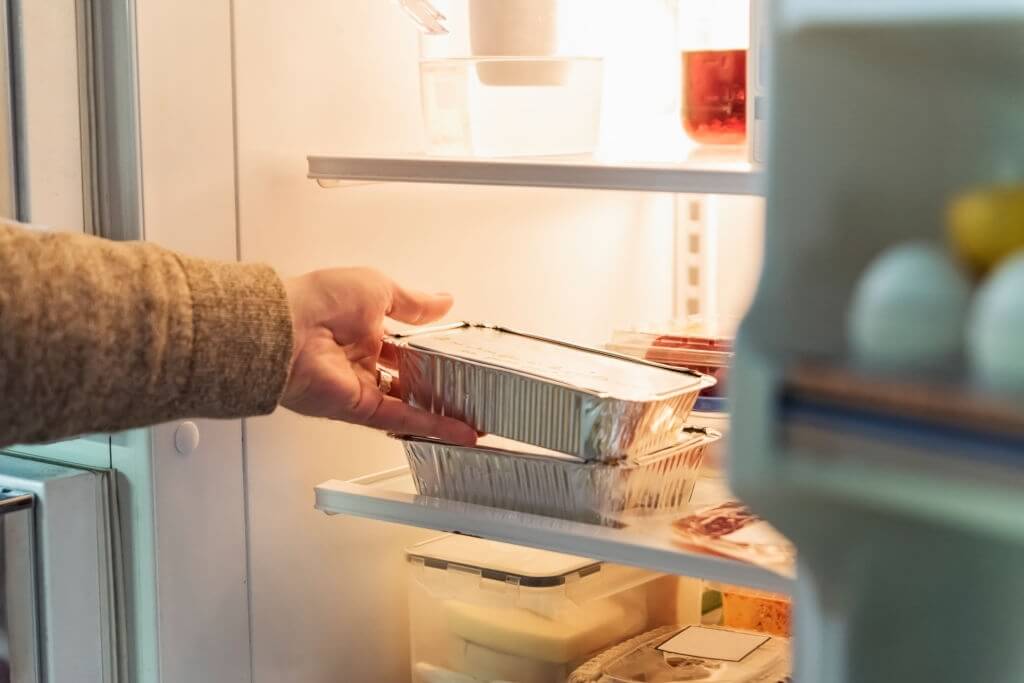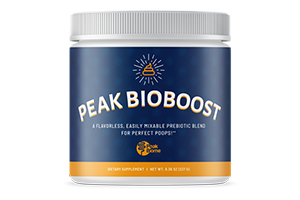In the ever-evolving age, we are habitual of eating cold food from the refrigerator. Eating cold pizza or chilled coke, we all love cold foods and beverages. But have you ever thought about whether eating cold food can harm your health?
Eating cold food is associated with a lot of health problems. Any type of cold or refrigerated food is tough for our gut to digest. Apart from that, cold food also makes it difficult for our bodies to absorb nutrition from them. Leftover foods can be kept 3-4 days in the refrigerator in edible condition. However, the more you keep the food in the refrigerator, the more it will lose its nutritional value.
This article will discuss everything about cold food with its relation to health. We will also try to understand if eating cold refrigerated food is bad for health.
Also Read: Is It Good To Drink Water Immediately After Eating?

Is it bad to eat cold food?
Cold food is not always a good idea. When we consume cold food, our gut has to work real hard in heating the food to a normal body temperature so the digestive enzymes can do their work. Gut bacteria and enzymes are not very good at digesting cold foods.
Although digestion is equally efficient for cold and hot foods, the process may get delayed in cold food consumption. According to Ayurveda, our gut is heat sensitive, and it functions better when dealing with hot foods.
Related Article: Does Cold Showers Help Acne?
Is it OK to eat cold food from the fridge?
Refrigerators are a great way to store food for a longer time. In the modern era, where people do not have enough time to cook food every time they want to eat, the refrigerators are a saviour for them. However, it is not very healthy to eat refrigerated food all the time. Low temperature may slow down the bacteria growth, but it in no way stops them from growing.
Eating food stored in your refrigerator for more than 3-4 days could cause serious consequences such as food poisoning or indigestion. The process of refrigeration causes the loss of essential nutrients from the food. It does prolong the shelf life of the food, but these cold foods leave you with a low nutrient intake which deteriorates your health in the long run.
How long are leftovers good to eat?
The longer you keep your leftover food in your fridge, the lower it will have the nutritional content in them. Not only nutritional value, but it also starts developing more harmful bacteria and by-products. Nutritionists suggest consuming leftovers stored in the refrigerator within 3-4 days.
Reheating the food further destroys protein and fibre from your food, so you should avoid it as much as possible. If not stored in the refrigerator, then you should consume leftovers the same day. It is better to eat fresh food as it contains the maximum nutrients to help your body.
Why should you avoid cold foods?
Cold foods should be avoided for many reasons; some of them are:
Gut health
Eating cold food is not suitable for gut health. Our digestion system includes gut bacteria and enzymes, which are not efficient in breaking down cold foods. To digest them properly, our body has to work hard to heat the food.
Cold foods are usually difficult to digest; on the other hand, hot foods are much easier for the gut to digest. According to traditional Chinese medicine belief, cold food sends shocks to our body, leading to other complications like fatigue, indigestion, bloating, or sinus infection.
Throat Infection
Throat infections are common after having some cold drink or your favourite ice cream. In throat sensitive people, eating cold foods can trigger throat irritation, soreness or pain. Eating cold foods thickens mucus which makes you feel even worse.
Cold foods cause throat tissue to constrict, which will make you suffer more if you already have a throat infection. This is why doctors advise eating hot foods during the sore throat, as they help throat tissue relax and provide immediate relief in all sorts of throat problems.
Related Article: 15 Foods To Eat When You Have Sore Throat
Digestion
Eating cold foods slows down the digestion process. Humans are warm-blooded, and for that reason, our body organs require warmth to perform all physiological and biological activities such as digestion. More accurately, the optimum core body temperature should be between 36.5-38.5 ℃ [97.7-101.3 °F].
Due to the lower temperature of the cold food, it takes a lot more time for our body to digest the food. Gut bacteria and digestive enzymes are not efficient in fermenting cold foods, and so our body tries to shift food temperature to an optimum level. This increases the digestion time. Consequences could be gas, bloating, constipation, diarrhea and other digestive problems.
The nutritional difference between hot and cold food
The Nutrition aspects are probably the only thing in favour of cold foods. Cold foods are usually considered more nutrition-rich as compared to hot food. Cooking or washing vegetables tends to remove some of the essential nutrients from them. That is why heating food from the refrigerator is a bad practice as it will further reduce the amount of nutrients in them. To take maximum health benefits from your food, eat it as soon as it gets cooked.
Is hot or cold food better for digestion?
Hot foods are way more helpful in digestion than cold foods. As discussed before, cold food requires extra effort for our gut to warm it to the core body temperature. This process makes digestion slow and thus results in digestive issues. For quicker and better digestion, it is always better to go with hot or warm foods rather than cold ones.
Conclusion
Cold foods might be a delight for many of you, but it is not healthy at all. Eating cold refrigerated foods can cause digestive issues such as gas and bloat. It is also responsible for the poorer absorption of nutrients. Cold foods not only disturb your gut health, but they can also trigger throat infections and colds. On the other hand, our body is designed to digest hot or warm food quicker and better.










